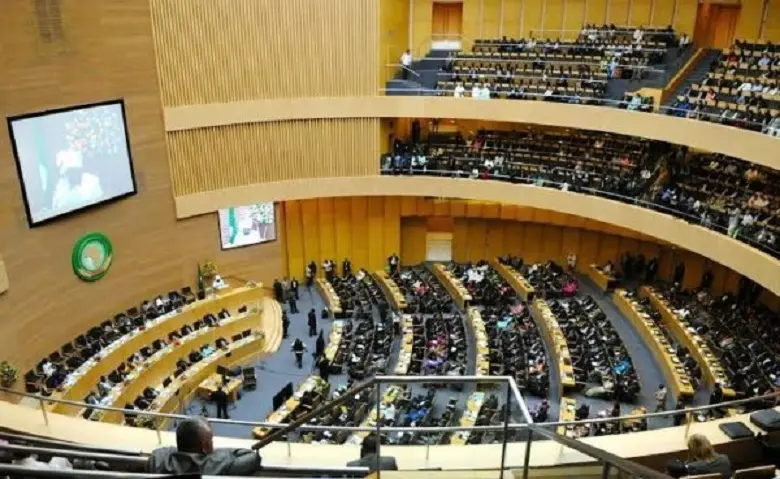The Economic Community of West African States (ECOWAS) has ramped up preparations for the implementation of the ECO, the region’s single currency, following agreements reached during the 65th Ordinary Session.
This development was outlined in a communiqué issued at the conclusion of the 66th Ordinary Session of the Authority of Heads of State and Government, held in Abuja on Sunday.
Initially planned for launch in 2020, the introduction of the ECO was delayed due to the COVID-19 pandemic. The new target date for its rollout is now set for 2027.
The Authority approved the criteria recommended by the High-Level Committee for selecting candidate member states to launch the ECO or join at a later stage. It also directed the ECOWAS Commission, in collaboration with the West African Monetary Agency (WAMA), to ensure these criteria are integrated into the protocol establishing the ECOWAS Monetary Union Agreement.
Additionally, the Authority endorsed the High-Level Committee’s proposals on the costs, funding sources, and methods for financing the necessary reforms and institutions required for the currency’s launch.
Member states and central banks were urged to take immediate steps to contribute financially to operationalizing these institutions once the effective launch date for the ECO is finalized.
The Heads of State further called on the High-Level Committee and the ECOWAS Commission to intensify efforts to meet the deadlines for establishing and operationalizing the institutions critical to the ECO’s successful implementation.
The body said it welcomed the results achieved in the implementation of the ECOWAS Agricultural Policy (ECOWAP) within the framework of food security and nutrition.
Recognizing the pivotal role of agriculture in the socio-economic growth of ECOWAS member states, the Authority has directed the Commission to expedite the implementation of key regional initiatives. These include the Regional Strategy for the Development of Livestock Farming and the Security of Pastoral Systems, the Regional Rice Self-Sufficiency Initiative and its 2025-2035 Roadmap, and the domestication of the Comprehensive African Agriculture Development Programme (CAADP) Action Plan 2026-2035.
The Authority also commended the enhanced cooperation with technical and financial partners and urged member states to collaborate with community institutions to achieve these initiatives, ensuring food security and improved nutrition across the region.
Objectives of the ECOWAS Single Currency (ECO)
- Enhancing Trade:
The introduction of a single currency is expected to reduce trade costs and facilitate intraregional trade, which is currently constrained by the lack of convertibility among national currencies within ECOWAS. - Promoting Economic Prosperity:
A unified currency could foster economic growth and improve the overall well-being of ECOWAS countries by creating a more integrated and prosperous regional economy.
Implementation Considerations for the ECO
There are differing perspectives on how the single currency should be introduced:
- Dual Circulation Period:
Some propose an initial phase where national currencies and the ECO circulate simultaneously to ease the transition. - Phased Implementation with Two ECO Zones:
Others suggest starting with two distinct ECO zones, where member states peg their national currencies to the ECO as a precursor to full adoption.
This strategic approach aims to address the complexities of transitioning to a unified monetary system while minimizing disruptions to the economies of member states.


